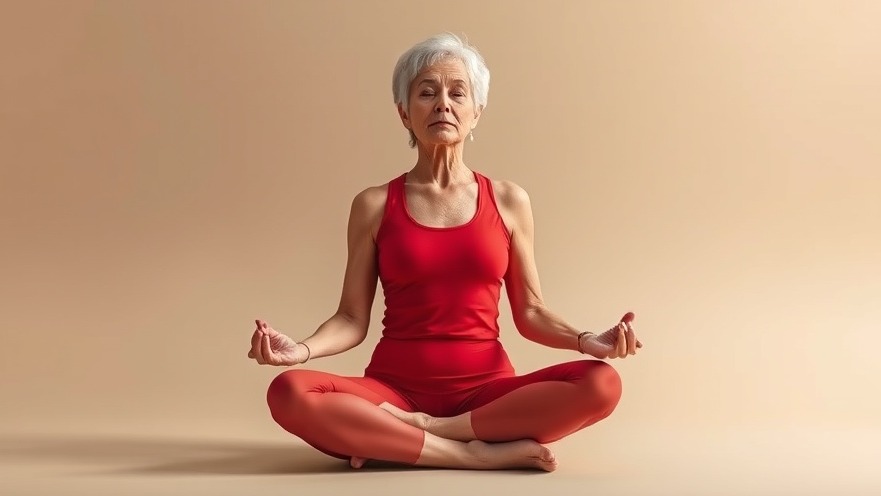
Unlocking Rest: The Power of Exercise for Insomnia Relief
Are you tired of tossing and turning while battling the nightly grip of insomnia? If you’re nodding your head in agreement, we might just have the answer you’ve been seeking. Recent research sheds new light on how specific types of exercise can be your ally in the quest for a good night’s sleep. This isn’t just about catching Zs; it’s about revitalizing your overall health and vitality.
Paving the Path: Understanding Insomnia and Its Impact
Insomnia isn’t merely about sleepless nights; it has a ripple effect that can drain your energy and impair your concentration. Dr. Joanna Fong-Isariyawongse, a neurologist at the University of Pittsburgh, emphasizes that long-term insomnia can lead to serious health conditions such as depression, anxiety, and cardiovascular disease. Therefore, finding effective solutions is vital not just for your sleep but for your overall well-being.
The Science Behind Exercise and Sleep
A recent meta-analysis published in the journal BMJ Evidence-Based Medicine looked into various exercise interventions for insomnia. Of the 22 controlled studies reviewed, those engaging in exercises such as yoga, tai chi, walking, and jogging saw noticeable improvements. With evidence emerging that not all exercises are created equal, this study has significant implications for individuals seeking better sleep.
Top Exercises That Combat Insomnia
The study concluded that four types of physical activity stood out for their effectiveness:
Yoga: This ancient practice not only stretches the body but also promotes relaxation and can boost sleep time by combating anxiety and stress.
Tai Chi: Rooted in calming movements, tai chi enhances sleep quality and may provide lasting effects that stretch several months.
Walking: Simple but powerful, regular walking can help reduce daytime fatigue, making it easier to fall asleep at night.
Jogging: For those looking for a moderate intensity workout, jogging can assist in regulating your sleep cycle and overall mood.
What’s fascinating is how each exercise type addresses derailing sleep factors differently. For instance, while yoga primarily focuses on mental relaxation, tai chi has been linked to prolonged sleep benefits even long after you've put in the work.
Why Exercise Works: The Connection to Mental Wellness
When we engage in physical activity, our brain releases neurotransmitters, promoting feelings of well-being. Particularly with yoga and tai chi, the mind-body connection serves not only to relax the muscles but also to calm the mind's swirling thoughts—a game-changer for anyone navigating insomnia. By practicing these forms of exercise consistently, individuals may find respite from the feelings of anxiousness that often accompany sleepless nights.
Real-World Applications: How to Integrate These Practices
Implementing these exercises into your routine doesn’t require a gym membership. Consider starting with short yoga sessions at home or joining a local tai chi group in your community. For jogging and walking, simply lace up your sneakers and hit the streets! Furthermore, incorporating these activities into your day-to-day life—like engaging in brisk walks during lunch periods or practicing yoga each morning—can reshape your relationship with sleep.
Community Wellness: Broader Implications for Health
This new insight into the connection between exercise and sleep underscores the relevance of community health and wellness initiatives. Communities can create programs that promote not only physical activities geared toward improving mental health but also foster environments for social interactions, which can enhance emotional well-being. Engaging in these activities collectively not only builds stronger health but also unites individuals around common goals for vitality and wellness.
Conclusion: Taking Charge of Your Health
Struggling with insomnia can feel lonely, but it doesn’t have to be a permanent part of your life story. By incorporating specific exercises into your routine, you can reclaim your nights and enhance your days. Whether you are drawn to the soothing practice of yoga, the meditative flow of tai chi, or simply enjoy a brisk walk, the benefits are clear. Start weaving these practices into your lifestyle—the journey towards better sleep is waiting, and so is a healthier, revitalized you!
 Add Element
Add Element  Add Row
Add Row 




Write A Comment